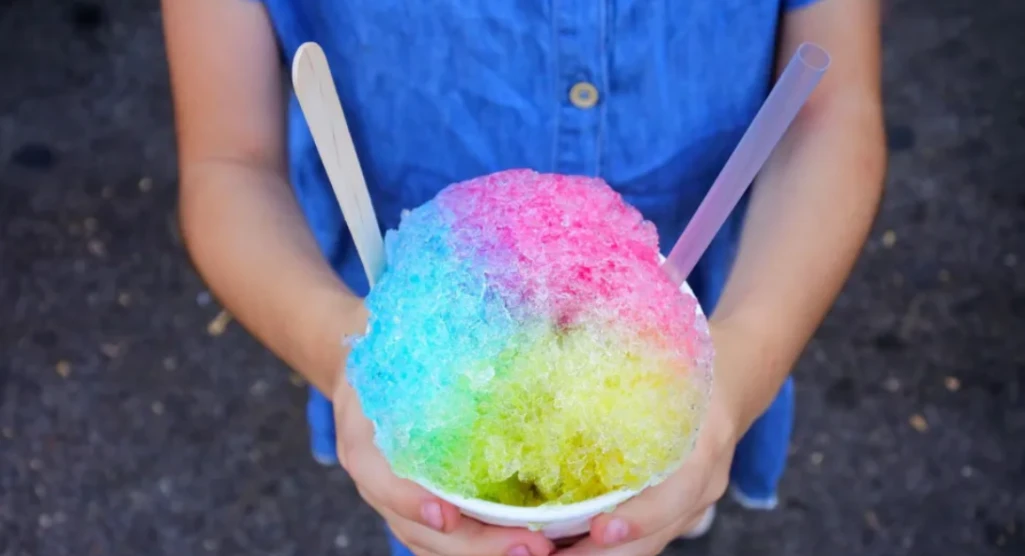
Children
should completely avoid "slushy" ice drinks containing glycerol,
which can make them very ill, until they are at least eight years old, say
researchers calling for official public-health advice to change.
The
researchers studied the cases of 21 two-to-seven-year-olds in the UK and
Ireland who needed emergency treatment soon after drinking a slushy product.
The brightly
coloured drinks are designed to appeal to children - but most contain the
naturally occurring sweetener glycerol, instead of sugar, to stop them freezing
solid and give the slushy effect.
Current Food Standards Agency (FSA) advice says
under-fives should avoid the drinks and under-11s should have no more than one.
And if a young child drinks a slushy too quickly, glycerol intoxication could cause shock, hypoglycaemia (low blood sugar) and loss of consciousness.
Arla,
two, and Albie,
four, both ended up in hospital.
And all of
the children in the study, published in the journal Archives of Disease in Childhood,
needed accident-and-emergency (A&E) treatment, after becoming acutely ill,
soon after having the drinks, mostly between 2018 and 2024, with "glycerol
intoxication syndrome":
- most lost consciousness and
showed signs of low sugar and high acidity in the blood.
- four needed brain scans
- one had a seizure
The children
all recovered and were discharged from hospital, with advice to avoid slushies.
The study
authors, paediatricians working in the UK and Ireland, say: "There is poor
transparency around slush-ice-drink glycerol concentration.
"Estimating
a safe dose is therefore not easy."
Recommendations
based on a child's weight would be hard for parents to interpret.
And how
quickly a slushy is drunk and whether with a meal or after exercise can also be
factors.
One reason
for the recent rise in children becoming ill may be the lower sugar content of
the slushies, which is attractive to parents.
In countries
with no sugar tax, they contain much more glucose and often no glycerol at all,
the authors say.